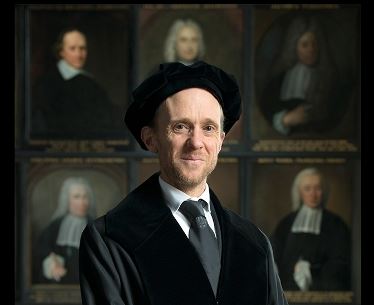
Archaeology as self-reflection
Archaeology can help us reflect critically on our European identity. This is what David Fontijn will claim in his inaugural lecture on 18 March.
The Bronze Age is a crucial period in European history. In this period, which lasted from roughly 2300 to 800 BC, a lively metal trade arose. This trade extended across the whole continent, bringing people from various parts of Europe into contact with each other. It was also a period in which new materials and techniques were developed. Some historians therefore see the Bronze Age as an economically rational and inventive period.
‘Economy of destruction’
‘But that is not the full story,’ says David Fontijn, Professor of Archaeology of Early Europe. ‘Thanks to archaeological research we can now see the other side of the coin. It seems that the metal trade was not the rational process it is often thought to have been. What is more, it was often associated with a bizarre economy of destruction. People all over Europe deliberately destroyed some of the scarcest metal by burying it. In the coming years I am going to research why they did that. It certainly does not fit the picture of a purely rational Europe.’
Agrarian society
What is more, Europe’s success was relative when compared with surrounding areas. In the same period, complex civilisations were emerging in China, the Near East and America. With the exception of the Mediterranean region, Europe did not develop into much more than simple and loosely organised agrarian societies.
Critical reflection
Scholars are seeking explanations for how the small continent of Europe later managed to rule large parts of the world. An explanation is often found in the social and cultural history of Europe. Europeans are said to be more rational and competitive than people from other parts of the world. Fontijn: ‘Archaeology makes it clear that such ideas are untrue and helps us to reflect critically on Europe’s distant past. This is important because we create our identity and sense of community on the basis of our shared past.’
Registration
Want to attend this inaugural lecture? You can register on this page.

First time in the Dies natalis procession
This year David Fontijn took part in the procession of Leiden professors at the Dies Natalis. You can read his story on this page.
